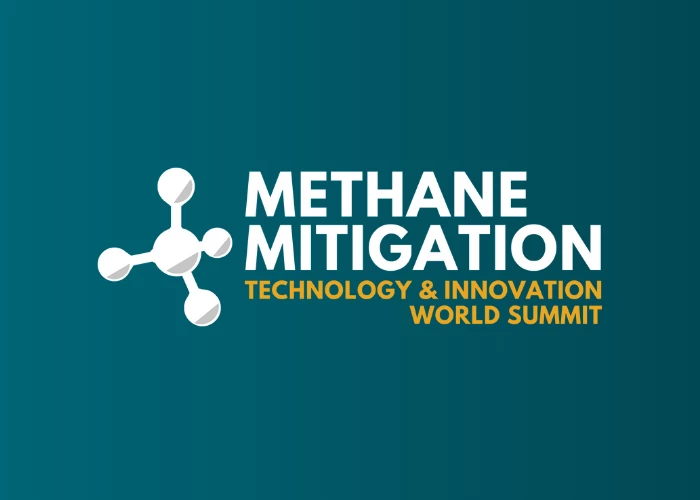TotalEnergies Announces First Cross Border CCS Agreement for Northern Lights
Add bookmark
The world’s first international arrangement to transport CO2 emissions across international borders is one step closer to reality after Total Energies announced earlier this week that its Northern Lights Projects has signed an agreement with Yara Sluiskil, an ammonia and fertilizer plant in the Netherlands.
TotalEnergies says that over 800,000 tons of C02 from Yara Sluiskil, will be “captured, compressed and liquified” in the Netherlands before being transported to Northern Lights site off the coast of Øygarden, in Norway and sequestered under the seabed. This is expected to begin in early 2025.
"Developing CO2 transportation and storage services is crucial for decarbonizing European industry: we are pleased to welcome Yara as first commercial partner for Northern Lights, which will help support its decarbonization strategy," said Patrick Pouyanné, Chairman and Chief Executive Officer of TotalEnergies in a written statement.
Industry website, Energy Intelligence, hailed the development as an important step toward demonstrating that carbon capture and storage has a viable commercial future.
“This week’s agreement partnering Dutch fertilizer giant Yara with the Northern Lights carbon capture and storage (CCS) project off Norway deserves its milestone attention, in our view,” writes editor Noah Brenner. “Viable CCS hub development depends on partnerships, and building CCS into a revenue-generating business will require taking those partnerships beyond the conventional oil and gas orbit.”
Northern Lights is a project backed by the Norwegian government and owned by TotalEnergies, Equinor and Shell.
The project is meant to establish a commercially viable carbon storage solution for industrial companies in Europe to permanently store their C02 emissions understand.
The first phase of Northern Lights project is expected to be operational in 2024 and handle 1.5 million tons of C02 per year at that time.





























